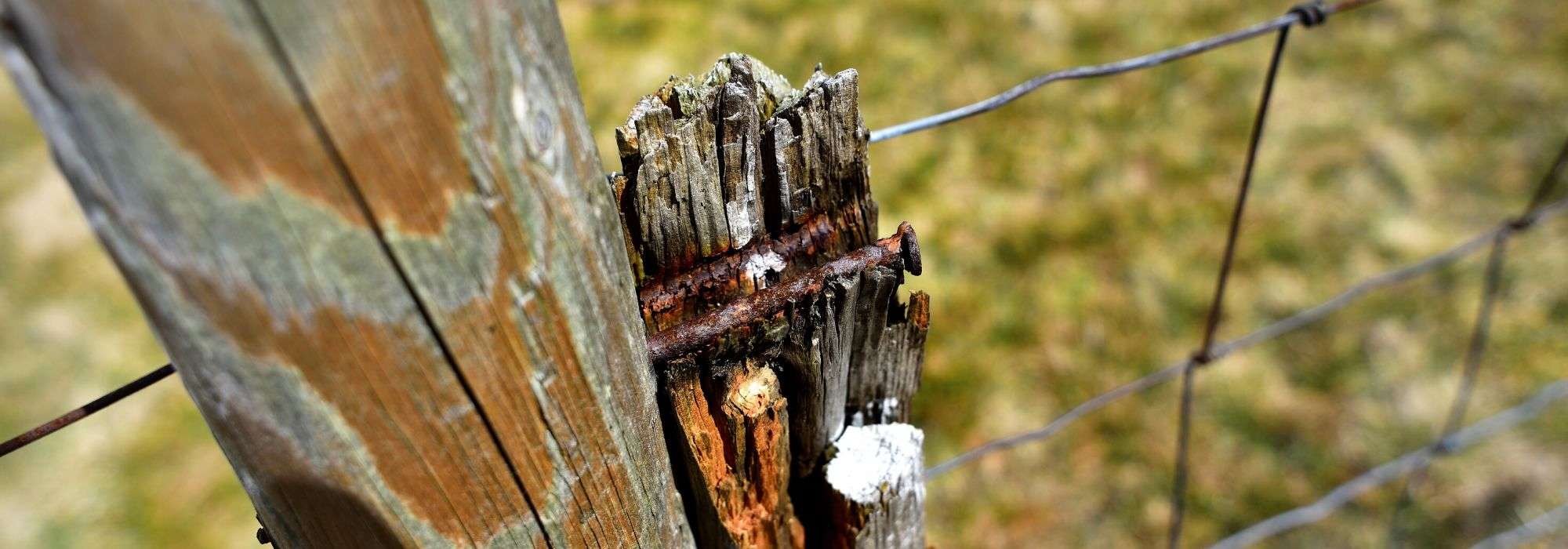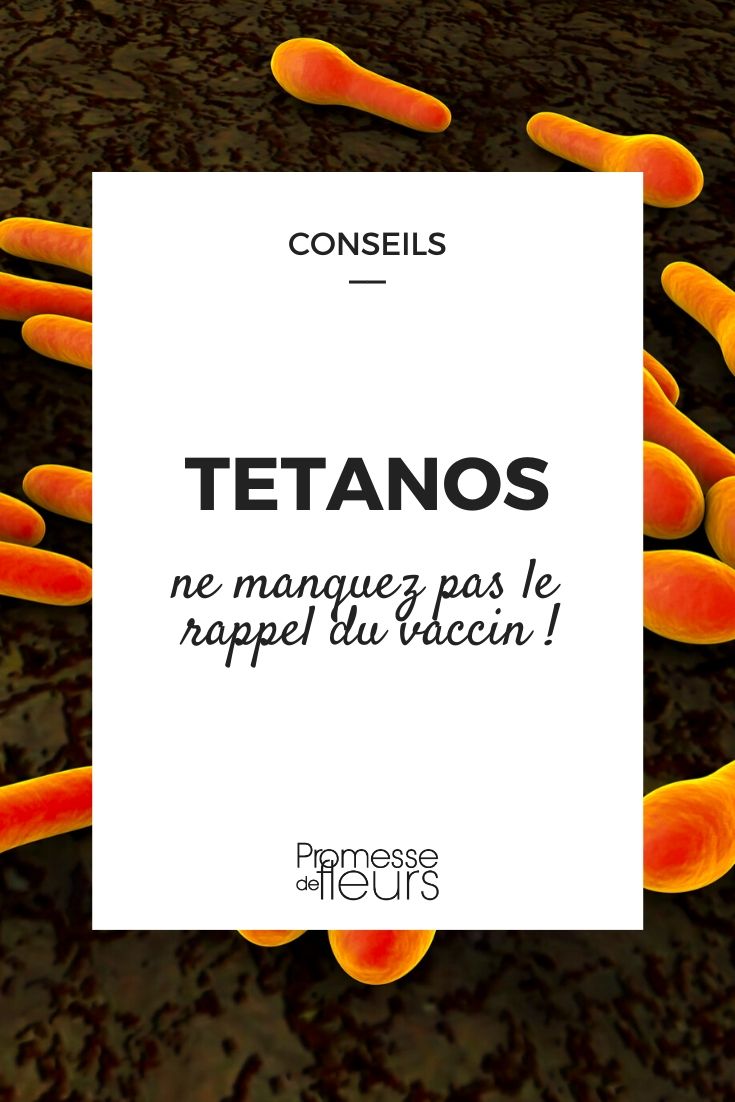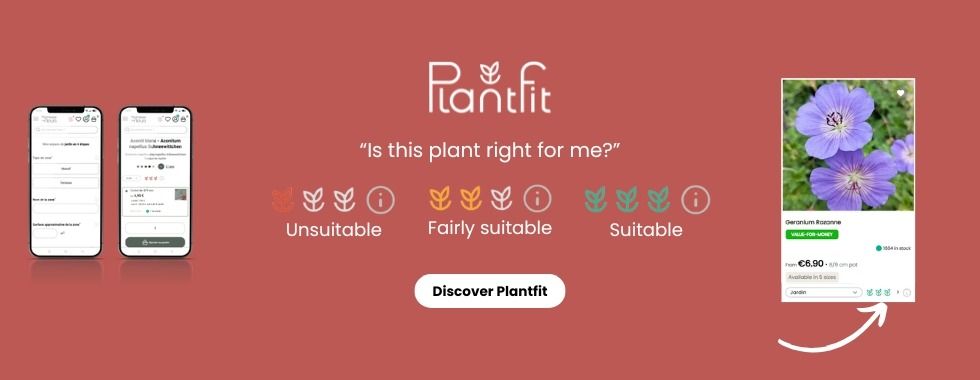
Tetanus: gardeners, don't miss your booster jab!
Protect yourself!
Contents
Working in the garden means working the soil, shearing, pruning roses, digging with spades, cutting with pruning shears! So many actions that can cause wounds and cuts. Gardening presents a number of hazards and you must be vigilant. For the invisible enemy lurks! In the garden there is a deadly disease contracted through contact between contaminated soil, a rusty nail, splinters or rose thorns and injuries that may seem trivial: tetanus. The risks of contracting tetanus in the garden are real.
What is tetanus? Does it still exist? Why is it still essential to be vaccinated against tetanus if you are a gardener, whatever your age? When should you have a booster? These are just some of the questions we answer!
Is it still necessary to get vaccinated against tetanus?
The answer is yes! Tetanus is a serious infectious disease, often fatal, which still causes deaths every year. Tetanus is difficult to treat and requires admission to intensive care.
This disease has not been eradicated; the bacterium responsible for tetanus is still present in our environment. However, in industrialised countries, since the discovery in 1884 and the widespread use of tetanus vaccination, compulsory in France since 1940, the number of tetanus cases resulting from an injury has become very low (provided booster vaccinations are given every ten years). Tetanus has therefore become rare in France, but it remains fatal and continues to be widespread in developing countries. People at risk include those who are unvaccinated or insufficiently vaccinated, older people, gardeners, and those with chronic wounds such as venous ulcers.
What is tetanus?
This disease is caused by a toxin produced by the bacterium Clostridium tetani. The tetanus germ is present in soil, in animal faeces and in some manures such as horse manure. Most often, infection occurs while gardening through contact with soil, a garden tool or even a rose thorn contaminated by tetanus spores. Bacterium enters the body and passes into the bloodstream through a single wound in the skin or a mucous membrane, even a trivial one. This bacterium then secretes a toxin that attacks the nervous system. Incubation period lasts about 3 to 15 days.
Disease is characterised by particularly painful symptoms: contraction of the jaw then of the breathing muscles at first, stiffness, then uncontrolled muscle spasms blocking breathing and cardiac systems and potentially, without prompt medical care, leading to death from cardiac arrest and breathing failure.

Only one protection: getting stung!
Prevention of tetanus relies on vaccination because there is no natural immunity or specific treatment. The tetanus vaccine neutralises the toxin through specific antibodies before it enters the nervous system.
Protection from tetanus vaccination lasts about 10 years. In France, vaccination occurs in childhood (two injections at ages 2 and 4 months, a booster at 11 months, then two boosters at 6 years and between 11 and 13 years).
Boosters in adulthood are recommended at 25, 45 and 65 years, then every ten years from age 65. Older adults who garden should therefore be particularly vigilant.
Good practices:
- Clean and disinfect any wound or skin injury sustained while gardening.
- Clean your gardening tools.
- If you are unsure of the date of your last tetanus vaccination, or if it was more than 10 years ago and you garden frequently, do not hesitate to get revaccinated!
- Subscribe!
- Contents
































Comments